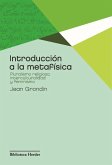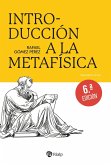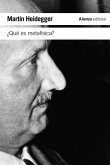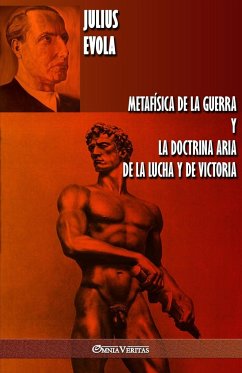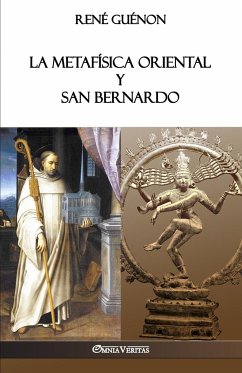This completely revised text, published in 1953, presents the course of the same name taught during the summer semester of 1935 at the University of Freiburg im Breisgau. It is an ontological, conceptual, etymological, and historical exploration of metaphysics as a central discipline of Western thought. In this book, Heidegger formulates a recurring, fundamental question, summarizing the concerns of more than two millennia of philosophy: "Why is there being and not rather nothingness?" Since for him the way we question defines our nature, this question constitutes the decisive metaphysical question, the determining center and core of all philosophy. The interrogation of the ultimate nature of being, its relationship to nothingness and to being, the very meaning of the question of being as it is, are the main themes of this work. For the philosopher, the history of metaphysics is also our own history, it is our destiny, to the extent that only our questioning of being can open up that space in which being can emerge and reveal itself.
Bitte wählen Sie Ihr Anliegen aus.
Rechnungen
Retourenschein anfordern
Bestellstatus
Storno



